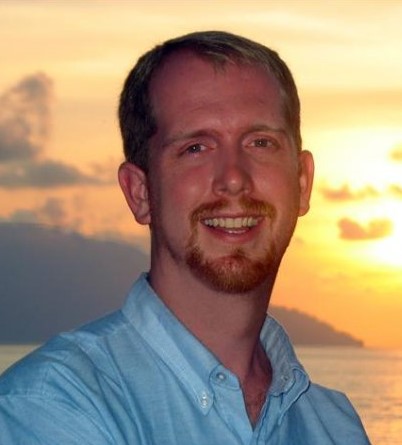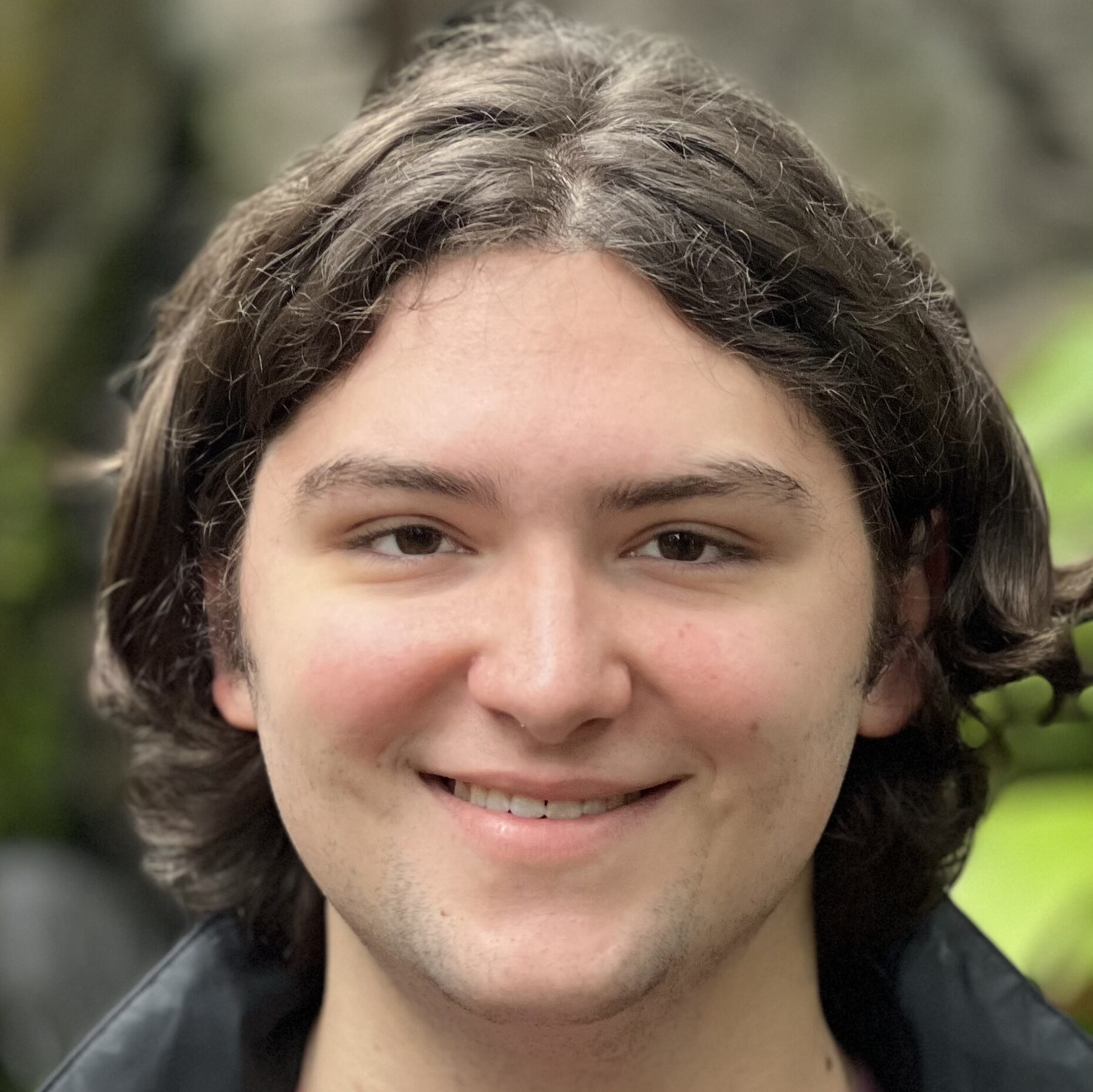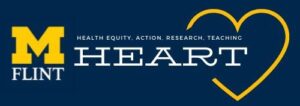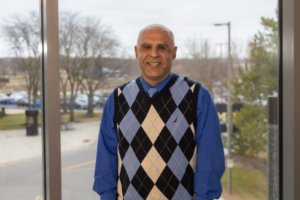A UM-Flint student will be getting some hands-on anthropological experience this summer. Keaton Reese, a sophomore at UM-Flint, will be traveling with UM-Flint professor Daniel Birchok on an upcoming research trip to Indonesia.
Birchok is an associate professor of anthropology at UM-Flint and has a background in historical anthropology. He studies religion, specifically Islam, in Indonesia and is interested in Islamic networks and ethics. He thinks a lot about how people live as Muslims through their daily experiences and how that connects to other aspects of their lives.

As an undergraduate, Birchok lived in the Federated States of Micronesia. And he says he knew then that he wanted to be an anthropologist and to study religion. While living in Micronesia, he learned a language closely related to the languages of island southeast Asia and he decided to pursue his interest in world religions in this region. Indonesia is a large, religiously diverse country and the most populous Muslim country in the world, making it an intriguing place for someone with Birchok’s interests.
Birchok became involved with his current project through U-M colleagues working on vaccine equity in Indonesia’s Aceh province, an area of the country Birchok knows well. “I got on the grant team and as we were putting it together realized we could bring a UM-Flint student along to get some experience and be a part of the team,” Birchok explains.
The Aceh province has experienced lower vaccination rates than other areas of Indonesia, so the team will work to figure out what might be the cause of the low rates and what public health officials could do to raise them. Birchok hasn’t been in Indonesia since before the Covid pandemic, and he hasn’t been back to Aceh since 2015. He is hoping on this trip to lay some groundwork for a longer-term partnership so he can bring more students in the future. Birchok’s student, Keaton Reese, will study local cultures and religious attitudes to better understand aspects of the local population’s thinking about vaccines.
Two interventions will be piloted and tested during the three-year study. The first—a vaccine-in-a-van program—will support public health practitioners in Aceh as they visit neighborhoods more regularly to share information about vaccines and opportunities to receive vaccinations. The second intervention involves a series of conferences with religious leaders and public health workers.
The team will look at the influence of religious beliefs—including how consumption of pork is forbidden in Islamic societies—on vaccine hesitancy. Measles vaccines, for example, contain pork ingredients, and for some Muslims in Indonesia this is a barrier to receiving this vaccine. Birchok and Reese are thinking about how religious leaders might be able to help them achieve the goal of reducing vaccine hesitancy.
The project is funded by the Center for Global Health Equity and is co-led by Abram Wagner at the U-M School of Public Health. The grant team includes faculty members from the Ann Arbor campus, a public health economist from the Dearborn campus, and several colleagues in Indonesia. Birchok was drawn into this public health study because the project leads were interested in the intersection of religious beliefs and vaccine uptake and wanted to bring his expertise to the project.

In selecting a student to engage with the project, Birchok says he was looking for an undergraduate who knew about ethnography and was eager to expand their skills. “Keaton understands the method and what we’re doing and will benefit from experience,” Birchok explains. “He has demonstrated that he’s interested in using ethnography in the future.” Reese is a UM-Flint sophomore majoring in anthropology and computer science. It will be his first time overseas. “I’m not going to know anyone or look like the people there or know any of the food that’s eaten there. To a lot of people, I know that might be scary. But I just cannot wait to feel out of my element and be surprised—to see and learn new things not from a book but from experience,” he says.
Reese will conduct some of his own research too, gathering information from his daily interactions and trying to understand more about how the Acehnese with whom he interacts live their lives. His work will involve observation and interviews. Hopefully, his work can contribute to the public health project with insights that lead to lower vaccine hesitancy in the area. Reese hopes to continue working with Birchok after the research trip.
Ultimately, Reese hopes his efforts will help others live healthier lives: “I really like that I’m supporting people who live there and that I can hopefully produce some good in the world that I’m proud of. I have a thirst for knowledge that can’t be quenched. Going there is going to be an experience that I can’t describe.”




